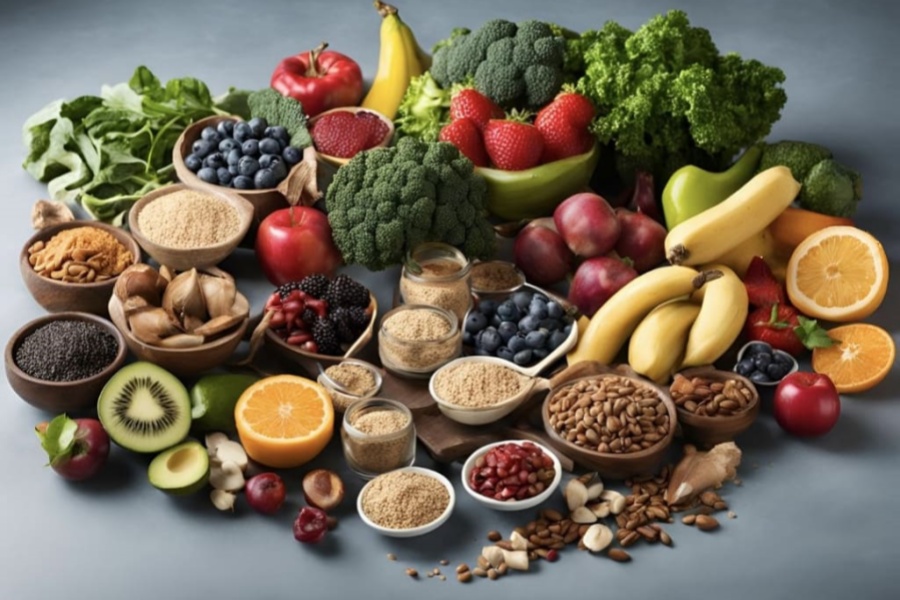
Enhancing Health Through Balanced Dietary Nutrition
At the heart of a nutritious diet is the consumption of varied food groups, which ensures a comprehensive intake of essential vitamins, minerals, and macronutrients. Incorporating a diverse range of fruits and vegetables into daily meals is crucial. These foods are packed with vitamins like A, C, and E, as well as minerals such as potassium and magnesium. Brightly colored produce, such as carrots, berries, and leafy greens, often contain powerful antioxidants that protect against oxidative stress and inflammation.
Another cornerstone of dietary nutrition is adequate protein intake. Proteins are the building blocks of the body, vital for tissue repair, muscle growth, and enzyme production. Lean meats, fish, eggs, beans, and legumes are excellent protein sources. For vegetarians and vegans, plant-based proteins like tofu, tempeh, and quinoa provide necessary amino acids without animal products. Balancing plant and animal proteins can enhance diet quality and cater to various dietary preferences.
Whole grains are an important component of a balanced diet, providing complex carbohydrates that supply sustained energy throughout the day. Unlike refined grains, whole grains retain their bran and germ, offering more fiber, B vitamins, and trace minerals. Foods like brown rice, whole wheat bread, and oatmeal improve digestive health and help regulate blood sugar levels, reducing the risk of diabetes and heart disease.
Healthy fats are also essential in dietary nutrition. Monounsaturated and polyunsaturated fats found in avocados, nuts, seeds, and olive oil support brain health, hormone production, and cell function. Omega-3 fatty acids, particularly abundant in fatty fish like salmon and flaxseeds, have anti-inflammatory properties and benefit heart health. It’s important to limit trans fats and saturated fats, typically found in processed and fried foods, to maintain cardiovascular health.

Hydration is equally significant, as water facilitates digestion, nutrient absorption, and toxin elimination. Drinking at least eight glasses of water daily ensures that bodily functions operate smoothly. Herbal teas and water-rich fruits like cucumbers and watermelon can also contribute to daily hydration needs.
Balanced dietary nutrition is integral to achieving and maintaining good health. By incorporating a variety of fruits and vegetables, adequate protein, whole grains, healthy fats, and proper hydration, individuals can support their body’s functions and reduce the risk of chronic illnesses. Making informed food choices and embracing a holistic approach to nutrition paves the way for a healthier, more vibrant life.


